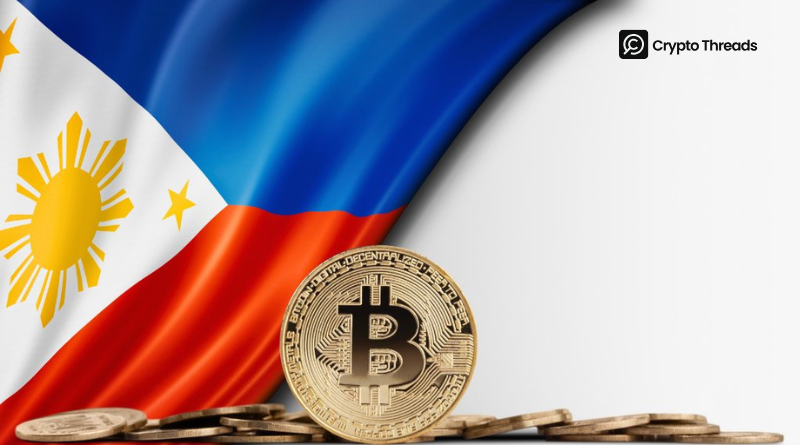Philippine Lawmakers Propose Strategic Bitcoin Reserve with 10,000 BTC Target
Key Takeaways
- Philippine bill mandates central bank to purchase 2,000 Bitcoin annually for five years
- Total target: 10,000 Bitcoin worth approximately $1.1 billion at current prices
- Assets must be held for minimum 20 years in secure trust structure
- Would position Philippines among first Southeast Asian nations with Bitcoin strategic reserve
- Could surpass El Salvador’s current holdings of 6,276 BTC
Bill Overview
The Philippine Congress is evaluating legislation that would establish the country as a pioneering Bitcoin adopter in Southeast Asia. The proposed “Strategic Bitcoin Reserve Act” requires the Banko Sentral ng Pilipinas (BSP) to systematically acquire cryptocurrency assets as part of national financial strategy.
Under the proposed framework, the central bank would purchase 2,000 Bitcoin annually across a five-year implementation period, ultimately accumulating 10,000 Bitcoin valued at $1.1 billion based on current market rates.
Strategic Reserve Requirements
The legislation establishes strict holding parameters for the accumulated Bitcoin assets. The digital currency would be secured in a trust structure with a mandatory 20-year holding period, preventing premature liquidation except in cases of government debt retirement.
The bill positions Bitcoin as “digital gold,” referencing the cryptocurrency’s 40% annual growth rate over the previous five years and recent price achievements. Lawmakers emphasize the importance of capitalizing on cryptocurrency’s expanding role in global financial markets.
Bitcoin Purchase Program Structure
The Strategic Bitcoin Reserve Act mandates implementation of a formal Bitcoin Purchase Program through the central bank. This program would include several key components:
Holding Requirements: The BSP must maintain Bitcoin assets for a minimum 20-year period before considering any disposal decisions.
Transparency Measures: A proof-of-reserves system would be established, requiring quarterly public reports from the central bank governor detailing holdings, transactions, and private key management.
Strategic Asset Diversification: The program supports broader national objectives of financial stability and asset diversification to enhance economic security.
Regional and Global Context
If enacted, the legislation would position the Philippines competitively among nations implementing Bitcoin reserve strategies. The 10,000 Bitcoin target would exceed El Salvador’s current holdings of 6,276 BTC (approximately $700 million), though it would remain slightly below Bhutan’s reported 10,565 Bitcoin valued at nearly $1.2 billion.
El Salvador has gained international attention for its daily Bitcoin purchasing strategy, while Bhutan has quietly accumulated significant cryptocurrency holdings through various means.
Financial Implications
The proposed reserve represents a significant financial commitment, requiring systematic allocation of resources toward cryptocurrency acquisition. The 20-year holding mandate reflects long-term confidence in Bitcoin’s value proposition and strategic importance for national financial security.
The bill’s emphasis on treating Bitcoin as a strategic asset similar to traditional reserves like gold demonstrates evolving perspectives on cryptocurrency’s role in national economic policy.
Implementation Framework
The legislation establishes clear operational parameters for the Bitcoin reserve program. Central bank compliance would be monitored through regular reporting requirements, ensuring transparency and accountability in asset management.
The proof-of-reserves requirement addresses security concerns while providing public verification of the government’s Bitcoin holdings, supporting confidence in the program’s integrity and proper asset custody.



